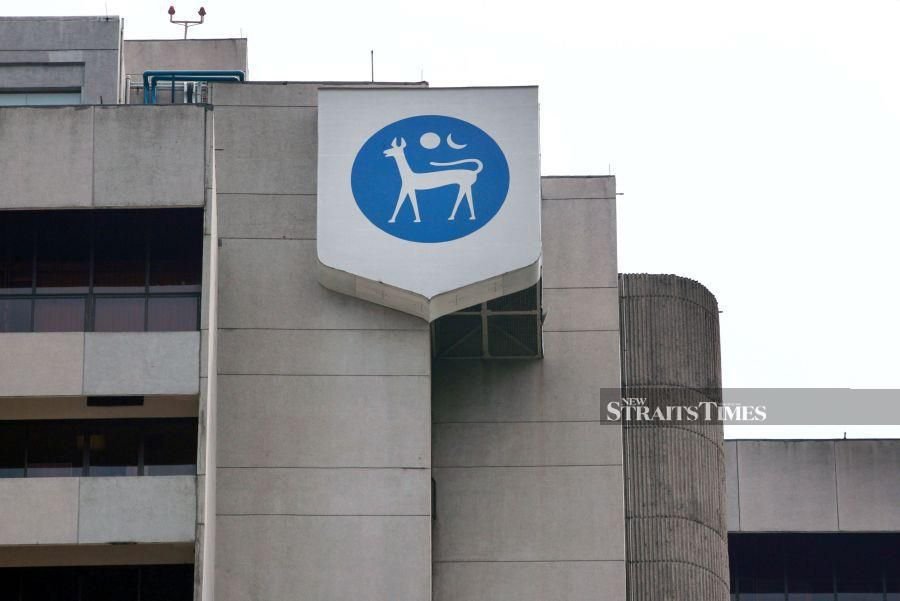"Too low OPR might push inflationary tendencies"

January 21, 2021 @ 10:00am
KUALA LUMPUR: A further cut in Malaysia's key interest rate so soon this year might have pushed inflationary tendencies, economists said.
They expect the country to adopt accomodative monetary policy in facing the bumpy road to recovery after Bank Negara Malaysia decided to keep its Overnight Policy Rate (OPR).
"If inflationary tendencies prevail, purchasing power will be compromised during an already difficult moment.
"On the contrary, now we need purchasing power to be restored and saving to be rebuilt in order to grant the creation of funds available for investment," Dr Carmelo Ferlito of the Centre for Market Education said.
Bank Negara has decided to maintain the OPR at 1.75 per cent following its Monetary Policy Committee meeting on Wednesday.
This follows continued recovery in the global economy, although Bank Negara felt downside risks remained amid uncertainties surrounding Covid-19.
"The global economy continues to recover, led by improvements in manufacturing and export activity. However, the recent resurgence of Covid-19 cases and the subsequent containment measures have affected economic activity in several major economies.
"The expedited roll-out of mass vaccination programmes, together with ongoing policy support, are expected to lift global growth prospects going forward. Financial conditions also remain supportive," said the central bank.
Ferlito said the current interest rates were already low enough to stimulate growth, and hence the impact of another rate cut was "unlikely to be significant".
"Too low an OPR could eventually incentivise bad investments. The cut is a signal and its consequences depend very much on how this signal is interpreted by market players. If it is interpreted as a signal of nervousness, then investors will remain on the 'wait and see'," he added.
Bank Muamalat Malaysia Bhd economist Izuan Ahmad said it might be too early for Bank Negara to make any downward revision this year.
Izuan told the New Straits Times that this time around, many important factors must be considered before deciding on rate changes.
This included actual economic performance for 2020, severity of Movement Control Order (MCO) 2.0 on economic and financial conditions, availability and level of success of the vaccination programme, and year-end results of the banking sector.
He said successful containment of Covid-19 infections locally and globally would strongly determine whether the expected economic recovery could materialise this year.
"As such, Bank Negara is highly expected to adopt accomodative monetary policy in facing the bumpy road to recovery throughout the year," he said.
Putra Business School associate professor Dr Ahmed Razman Abdul Latiff said Bank Negara had taken a measured approach in maintaining the OPR, taking into consideration the latest health, politics and economic situation of the country.
Ahmed Razman said because of all these factors, the decision was not to follow the strategy of other countries such as the United State and United Kingdom in reducing their rates to bare minimum.
"If such a measure is implemented here without careful consideration, it can cause liquidity traps and harm the economy further.
"People will simply withdraw their money from the bank (due to low interest rate) and instead of using it for creating businesses or spending, they will spend it on paying debts and buying shares which are not that helpful in boosting the economy.
"A very low interest rate will also cause the bank to have low deposits and this will make them more selective in giving loans, which can cause the businesses to suffer due to unavailability of funds," he added.
